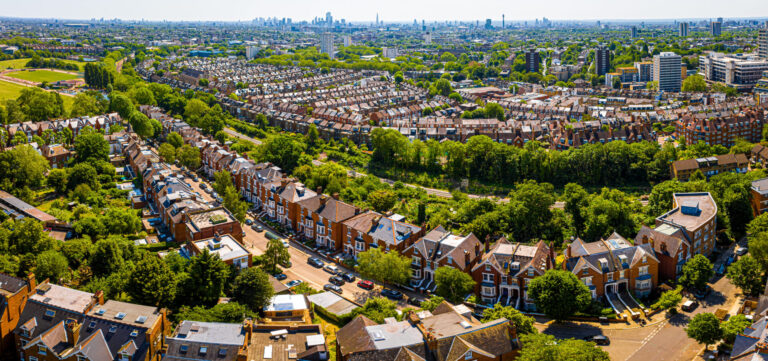One of the most important parts of being a successful landlord is having an accurate and up-to-date inventory of your property. Not only does it ensure you're adequately protected against potential damages or losses but it also serves as an invaluable reference document for future tenants. In this blog post, we'll explore why having a comprehensive landlord inventory is so important and some relevant and frequently asked questions on the topic of landlord inventories and documentation.
What is a landlord inventory?
A landlord inventory is a document that lists all the items included in a rental property. It's usually done when you first move your tenants into the property and before they start living there, so it's important to make sure everything is listed correctly, with the condition of each item noted.
A landlord inventory should make note of the following:
● furniture
● fixtures and fittings
● decorations
● electrical appliances
● utensils and kitchen equipment
● carpets and flooring
● curtains and blinds
● garden tools and furniture
Do landlords have to have an inventory?
Landlords in England and Wales need to provide tenants with an up-to-date inventory regardless of whether the property is fully or part furnished.
Why do you need a landlord inventory?
Having an accurate inventory of your rental property is essential for protecting yourself and your tenant against any disputes. The inventory will tell you if anything has been removed, left without permission or damaged and help you decide whether any deductions should be made from the tenant’s deposit at the end of the tenancy.
What are the risks of not having an inventory?
Not having a landlord inventory can leave both parties vulnerable should any disputes arise. It’s difficult to prove who is responsible for any damages or losses which may have occurred during the tenancy period without one.
My property is unfurnished, do I still need an inventory?
It’s still important to do an inventory for any unfurnished properties, although the list will be shorter. It’s a good idea to note down anything that you consider a permanent fixture in the property, such as built-in appliances or fixtures and fittings.
Can a landlord do their own inventory?
Yes, landlords can do their own inventories but it is important to make sure they are accurate and detailed. Some estate and letting agents offer landlord inventories as part of letting packages so be sure to explore these services as well.
What other documents should a landlord have?
In addition to an inventory, landlords should also make sure they have other important documents such as a tenancy agreement, gas safety certificate and landlord insurance in place before letting out their property. These certificates and documents are essential for protecting both parties during the tenancy period.
Having a detailed landlord inventory is essential for any rental property and can help protect both landlords and tenants against costly disputes at the end of the tenancy. If you're looking to become a landlord and want to know the value of your property, why not book a free valuation with Hunters?




